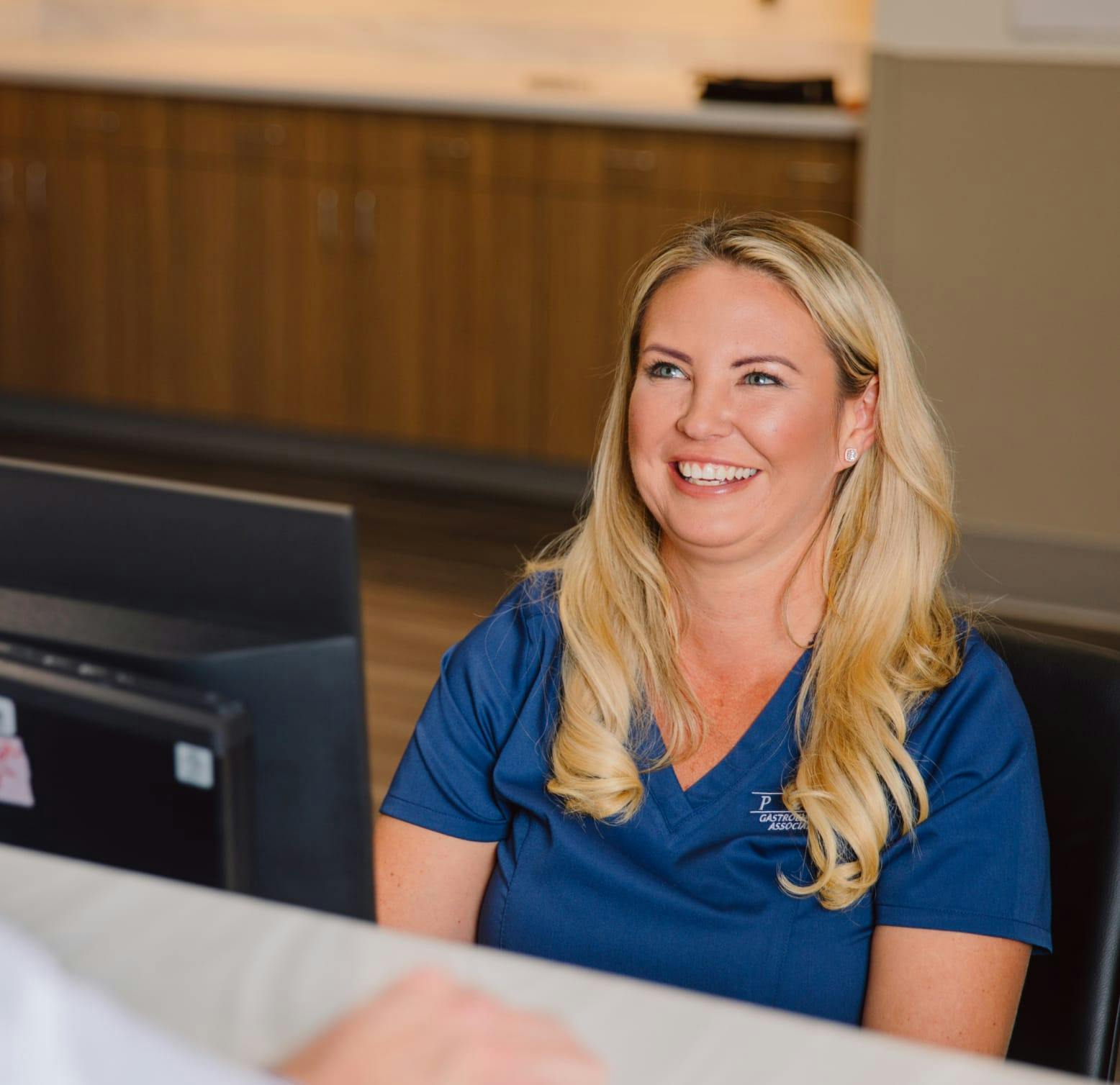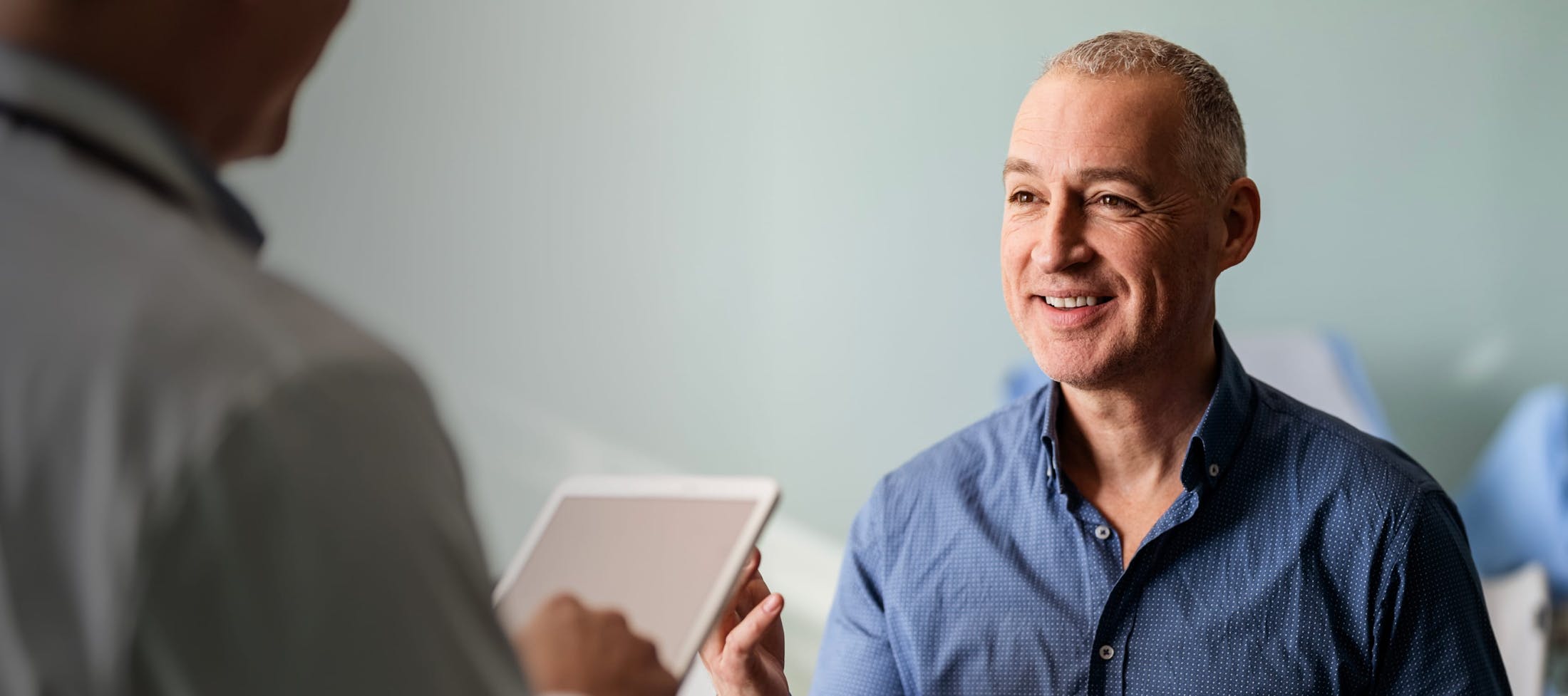Find relief from the discomfort of hemorrhoids with the comprehensive care of the GI doctors at Peak Gastroenterology Associates. We understand the sensitivity of this condition and offer efficient, confidential treatments.
What Are Hemorrhoids?
Hemorrhoids, also known as piles, are swollen veins in the lower part of the anus and rectum. When the walls of these blood vessels stretch, they become irritated. Though very common, they can be uncomfortable and sometimes painful.
Hemorrhoids affect 5 percent of all Americans, and they may hesitate to talk about the condition, even with their doctor. The team at Peak Gastroenterology Associates are GI specialists who are very familiar with colon and rectal problems. We have successfully treated countless patients who are suffering from hemorrhoids.











